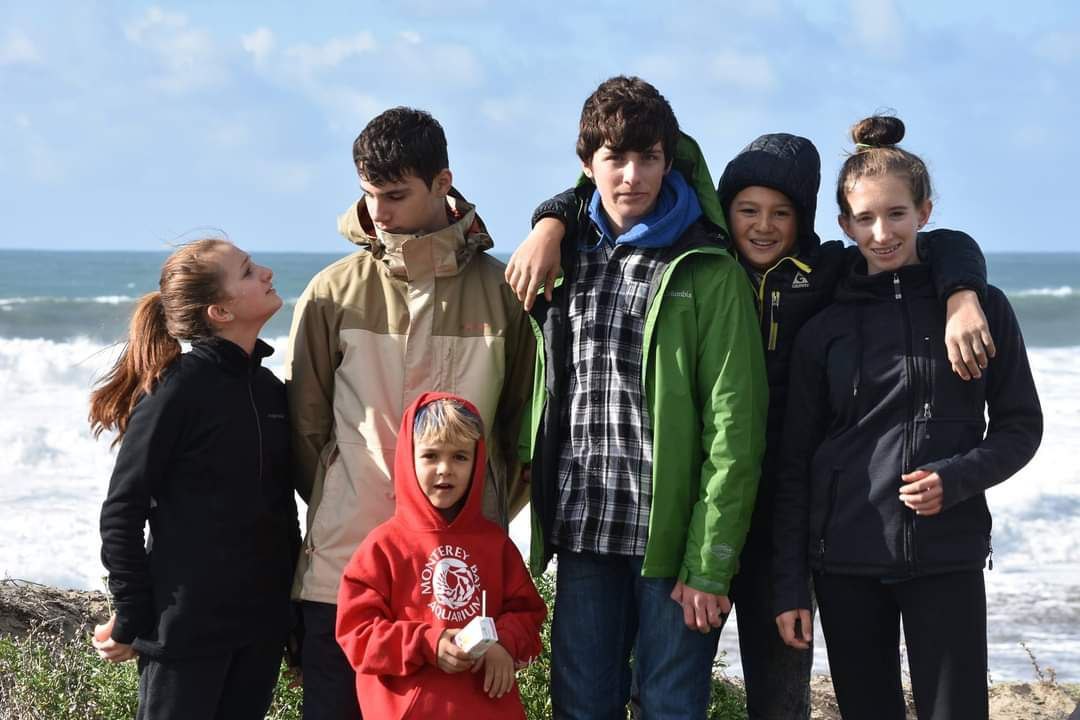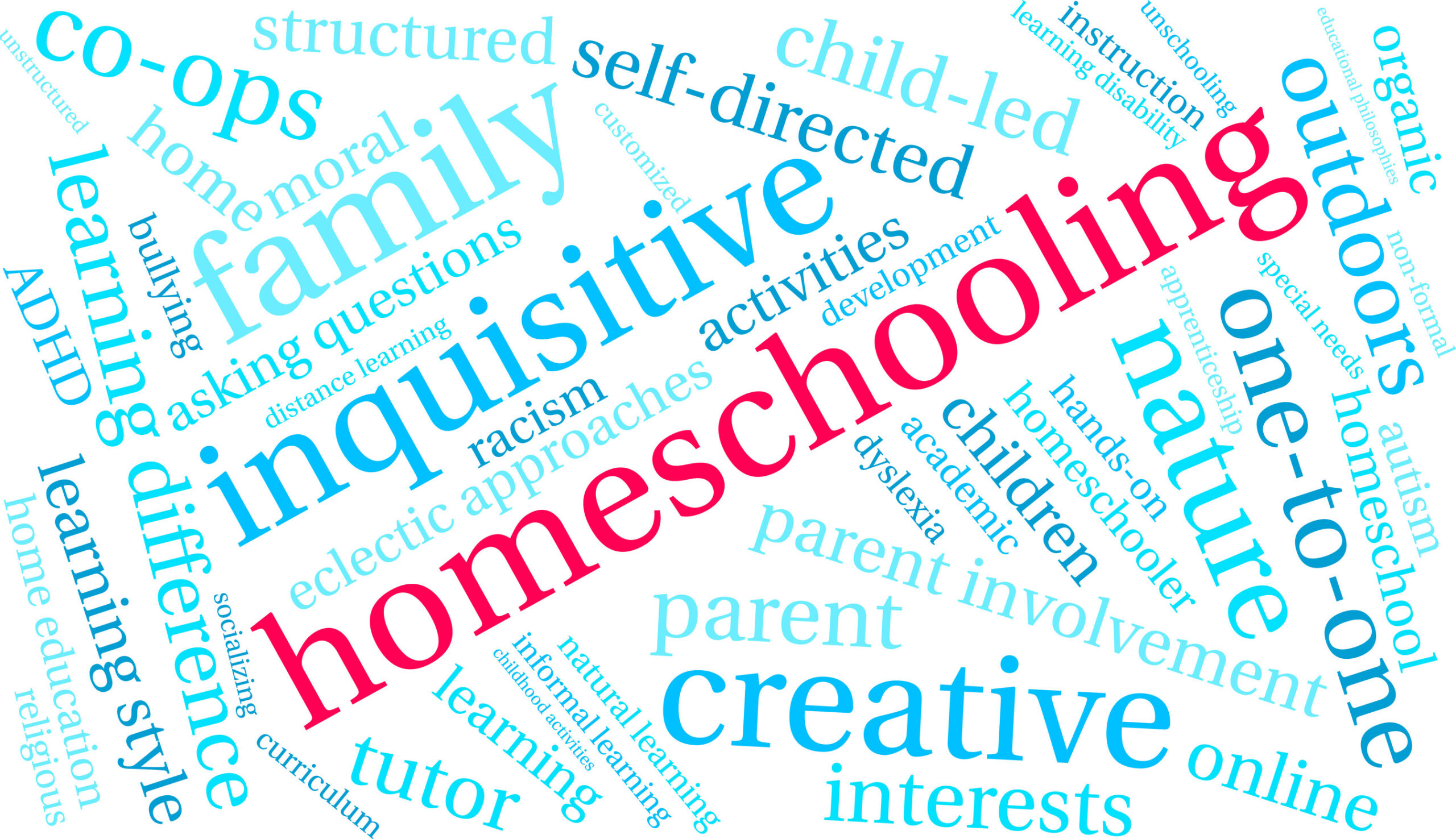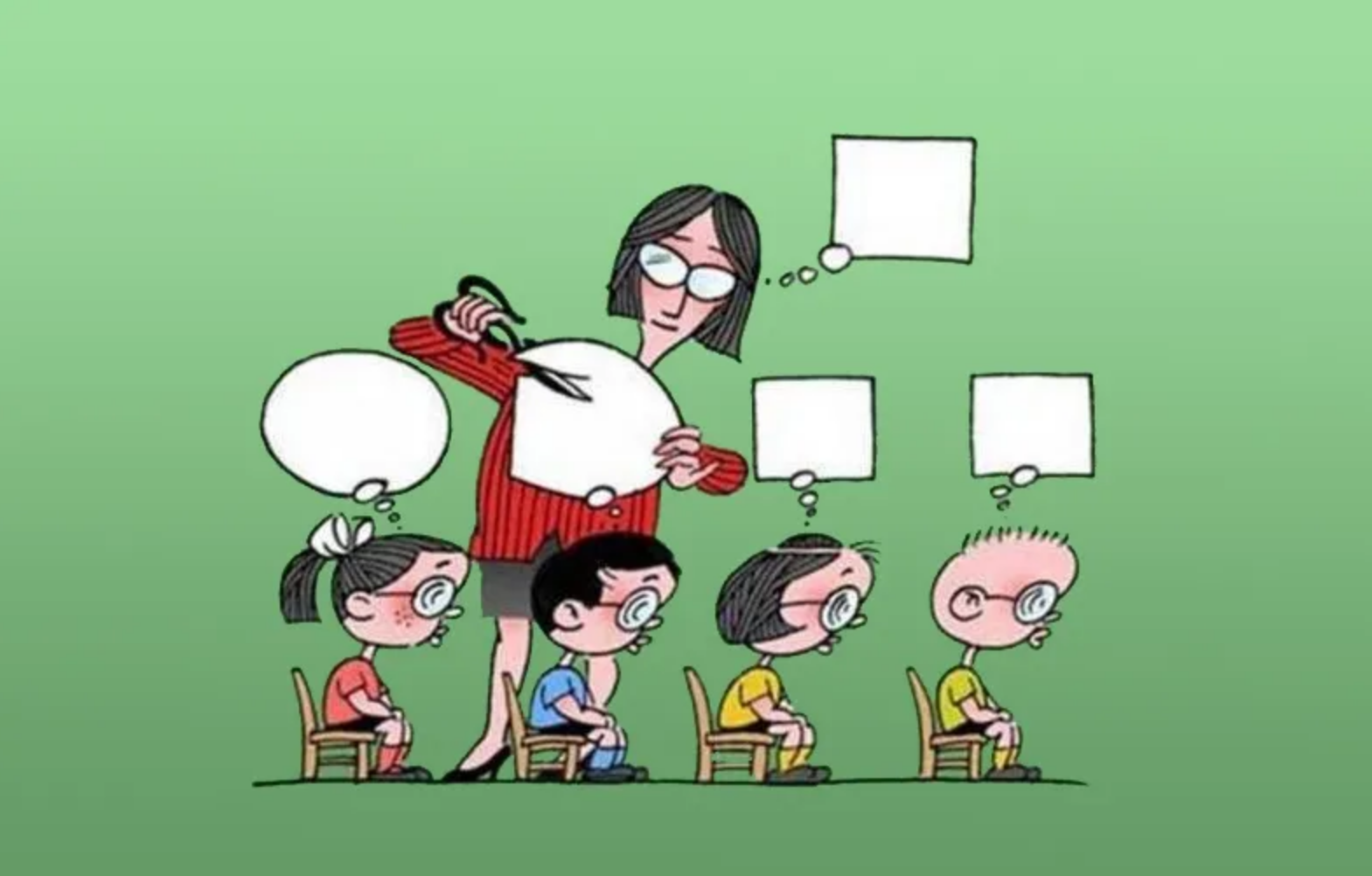Greatest Generation 2.0 – Column by Brian D. King
God, family, vocation and avocation, fiscal responsibility, and health and fitness. These were key traits of the statesmen of the Greatest Generation and those the Greatest Generation emulated.
Today, I want to share the importance of family time, and how we as a school truly become a family and encourage family time at home.
In volunteering with hospice at the Veterans Administration, we listen to many stories from veterans of World War II and the Korean War. Yes, their time in combat was pivotal, but fond memories of growing up with positive family experiences gave many a full and loving life. These fond memories not only included exploring and rough and tumble play with siblings and cousins, but the pride of doing chores and learning from parents, aunts, uncles, and grandparents. The veterans also spoke of stories about the generations that came before, which they heard around the evening fire during their youth.
About a decade ago, a preteen student that grew up in our program said, “It doesn’t feel like school or camp, but doing cool things in a big family.” When I heard him say that, I knew we were doing it right.


So, how do we make school feel like family?
Class sizes are of an evenly-mixed age group; a child, two or three preteens, and two or three teens make a typical class. In addition, classes often have gap-year students, who want to explore wilderness and homesteading skills, and a university enrolled student who is studying our methodology of education. Both the gap-year and university students act as older siblings to the K-12 students. A core mentor, who has already raised their own children, is responsible for the class for the entire school year. There are also subject area specialists, who integrate into the class in various ways. These individuals share their area of expertise with the whole class, and also work long-term with some students. For example, if a student is getting scuba or amateur certification, they will work with them to make it happen. Same goes for students interested in equine training or EMT work, the subject area specialist will guide the student as to what skills are needed. All but the little kids camp with us, the school week starts early afternoon on Sundays, and the students go home late afternoon on Wednesdays. This equals the same hours of weekly instruction in a standard-model school with the added benefit of students doing chores, cooking meals together, and enjoying the evening campfire.
The value in doing chores cannot be overstated and indicative of how families of the Greatest Generation were brought up. The students pair up during chore time, one novice student with one experienced student, to feed equine and livestock, gather wood, cut, split, and stack firewood, mend fences, etcetera. It is not easy, and not only are the students learning skills, but they are building grit, walking taller, and growing in character. Everyone cooks and shares in doing the dishes, as well as being involved in the butchering to have meat on the fire. We keep everything real and everyone contributes.
The evening campfire serves many purposes. Yes, the fire is used to keep warm throughout the cooler days, gives the ability to cook food, and provides a reason to have firewood chores, which also helps keep the forest clean of dead wood. But most importantly, the fire is time for us to gather and get close, to bond and tell stories. Each student tells their own story of their accomplishments and challenges for the day. This gets discussion going between the students and facilitates questions of staff. It is also a good time for further instruction and review. The staff will transition into telling stories of growing up, and at some point the teens will ask me to retell funny stories they have heard in past years. Proverbs, Psalms, and prayer are also a part of the evening campfire. This element of our educational program is reminiscent of what families did in pass generations for centuries.
To foster and preserve family time in the home, we purposefully do not send worksheets or other forms of busy work home with students. It’s very simple, we want the students to have the time to interact with family members, do their chores at home, play, and have their own evening fire to bond around, even if it is only an oil lamp or candle on the dinner table. Since one-on-one communications are essential to a child’s ability to learn and grow, we also encourage the families to shut off screens (televisions, tablets, and phones) for the entire family from dinner until bedtime.







